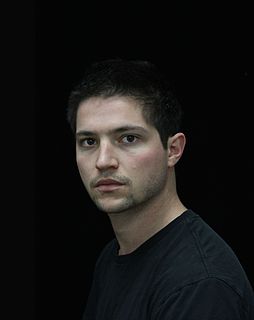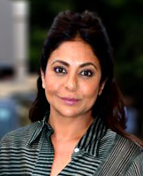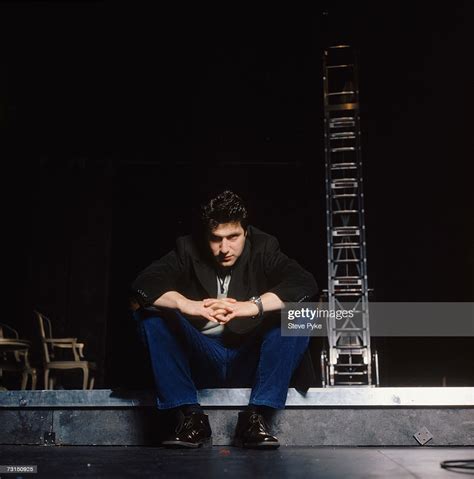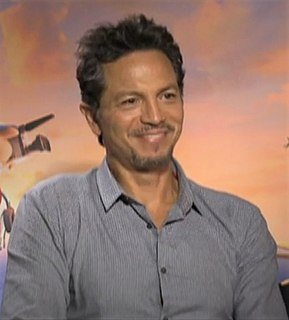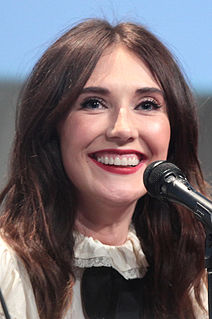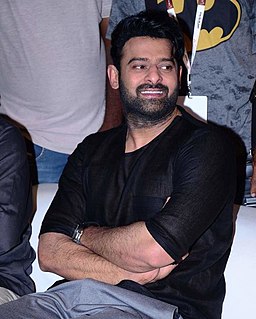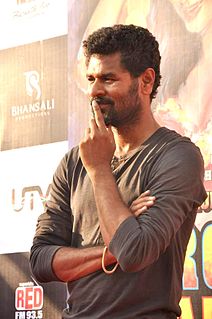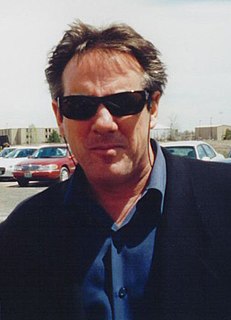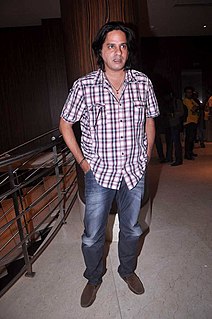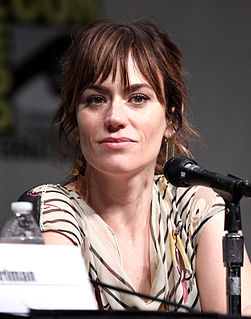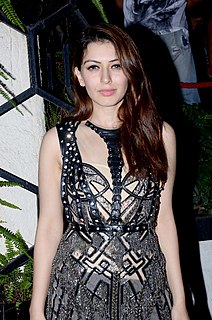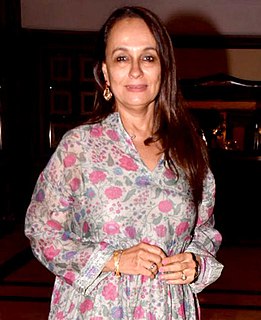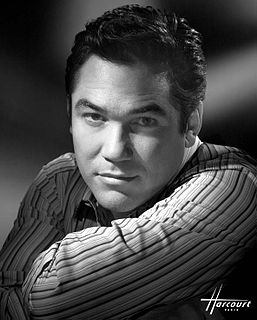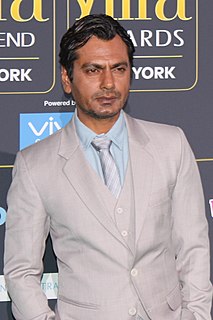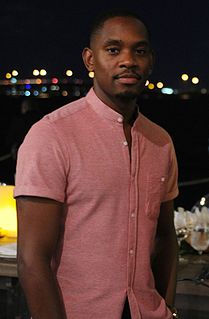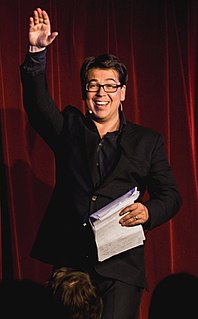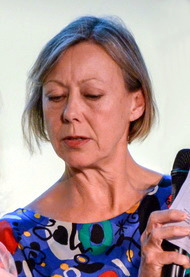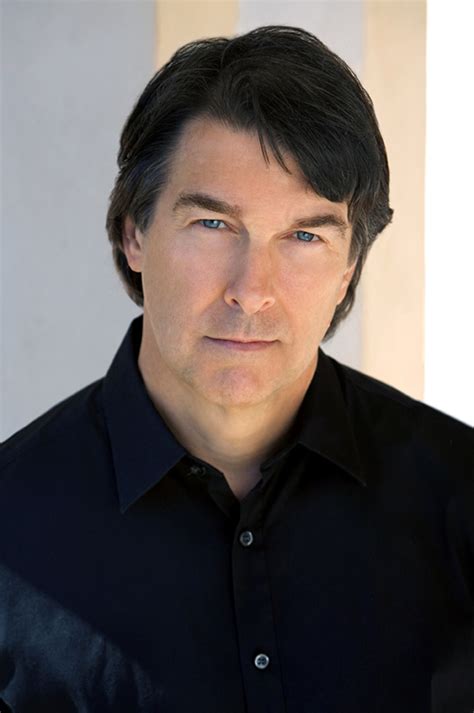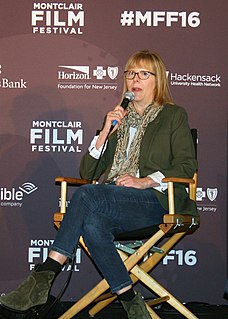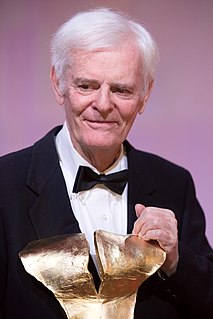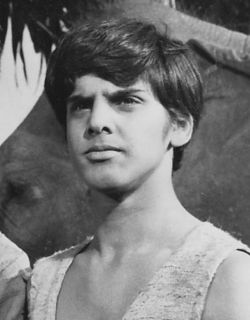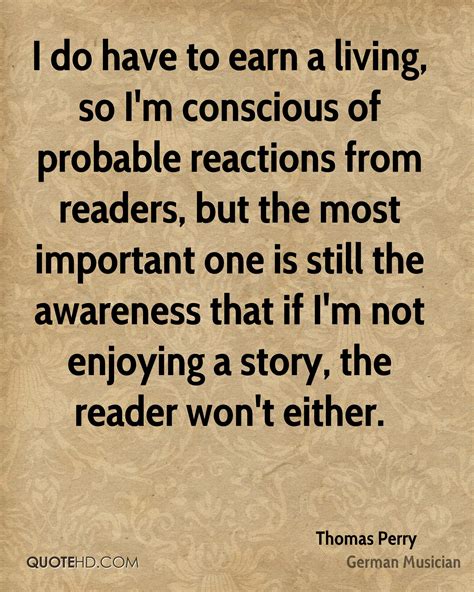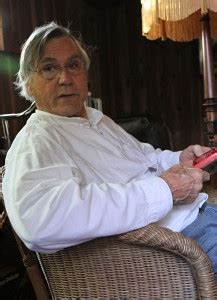Top 1200 Film Critics Quotes & Sayings - Page 20
Explore popular Film Critics quotes.
Last updated on December 11, 2024.
I don't make movies. I don't feel that I have to have artistic control. Part of this comes from the fact that the book lives on no matter what Hollywood does to your novel in terms of a film. Now, you try to be careful who you allow to do your film because nobody wants their novel to become a turkey movie. But, on the other hand, it is a crapshot anyway, because even the best people can make a bad film.
We have a conservative government that only thinks in terms of efficiency. They are spending a lot of money on military expenses and less and less on culture. My position is that culture can actually be economically viable. When I make a film, the film costs $3 million. Now, in Quebec, it grossed $3.5 million, which is a small film. It's not a comedy. There are no stars in it. And, it still grosses $3.5 million. That's just in Quebec.
My job is to make a film that can sit as a standalone piece, that if it's the only Marvel film you see, it's a great film with a great story in and of itself. The lucky thing is that there's a bunch of geniuses who run Marvel that make sure, even if it's a standalone piece, that it's part of a great big jigsaw puzzle that could be appreciated as a whole as well.


